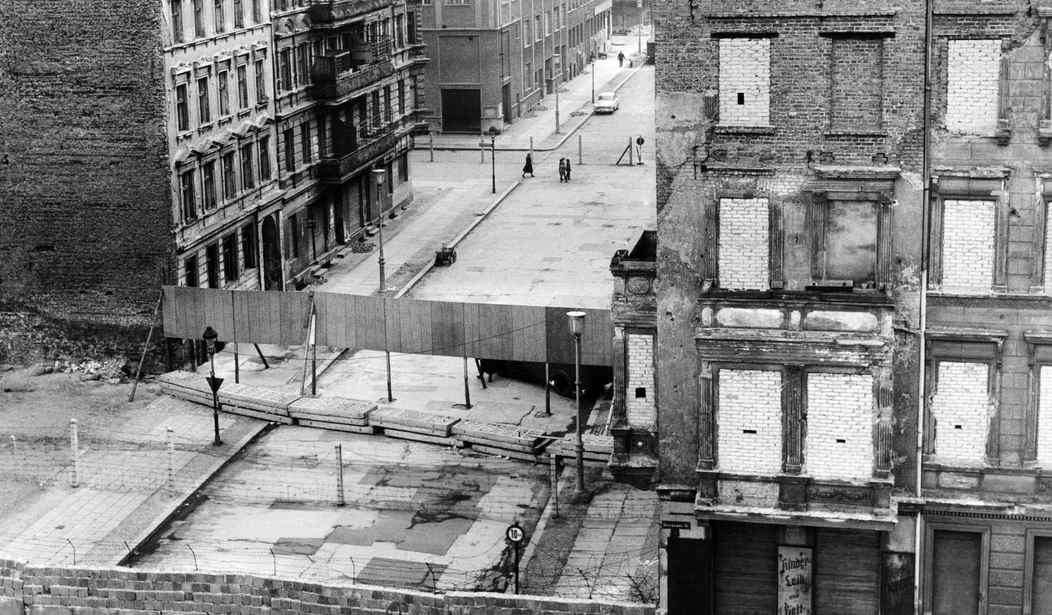Anne Applebaum just nailed it in the new issue of Commentary, comparing her time spent in the USSR of yesteryear with Putin’s Russia today:
When I arrived in Leningrad, Mikhail Gorbachev had just become general secretary, and the Cold War was still very much alive. But almost as soon as I left, things began to change. Any American who made her first trip across the Iron Curtain even three years later, in 1988, would encounter a completely different world and a different vocabulary—glasnost, perestroika, reform—from the one I had found. Which also means that anyone of any nationality who is more than a decade younger than I can’t possibly have any adult recollection of either the USSR, or the Cold War, or what we used to call “real existing socialism” at all.
Recently, this has begun to seem significant to me. Not because my own experience was significant, but because it means that the living memory of the USSR is now truly fading and the nature of the USSR—its peculiar awfulness, its criminality, its stupidity—is becoming harder and harder to explain. The sense of being surrounded by lies; the underlying anxiety that someone might be listening or reporting on you; the constant, screaming, inescapable propaganda; the sullenness of the crowds on the Metro; the memories of mass terror just below the surface; the useful idiots and the cynical sycophants who supported the whole thing, both in Russia and abroad; all of that is now absolutely impossible to convey.
You’ll kick yourself in the pants later if you don’t go and read the whole thing right now.
My own becoming aware of the USSR was the invasion of Afghanistan, and President Jimmy Carter’s less-than-forceful response. Then came Ronald Reagan, the Evil Empire, the KAL 007 shootdown, my own visit to East Berlin, the Los Angeles Olympics boycott, and then finally perestroika, glasnost, and collapse.
When East Germany relaxed its iron grip and the German people themselves tore down the Berlin Wall, every informed person my age an older knew what it meant. We knew what the horrors had been, we knew the material, intellectual, and moral poverty of the Warsaw Pact nations. We slept at night under a nuclear sword of Damocles.
What an awe-inspiring thing it was for the Iron Curtain to collapse so quickly, for us to wake up in a free, new world.
I first learned the true nature of the Soviet Union when I was ten years old, and the Cold War of the 1980s was the geopolitics of my teen years. When I was only 20, it was all over.
That was a quarter of a century ago. It’s safe to say that you don’t have to be much younger than 45 to have zero memory of the Bad Old Days, and just how bad they really were.
But we need to remember, because the Bad Old Days have made something of a reappearance.
So pass Applebaum’s article on to some younger person who ought to see it, and please try to make yourself available to talk about it.
Maybe you can help them to understand just how much we have to be thankful for tomorrow.










Join the conversation as a VIP Member